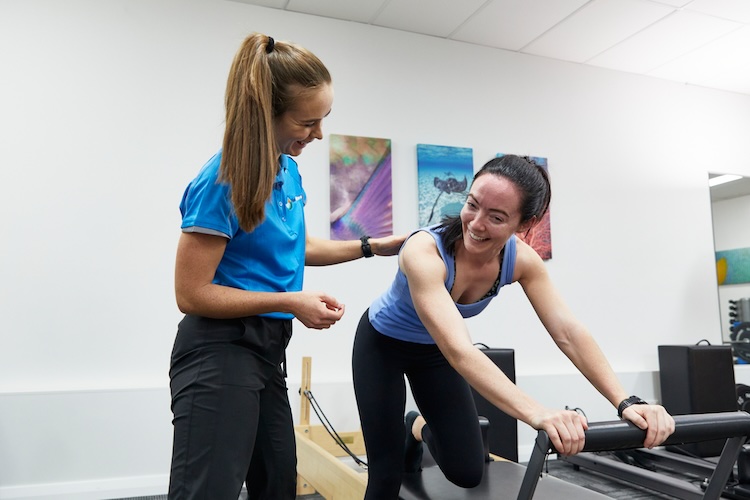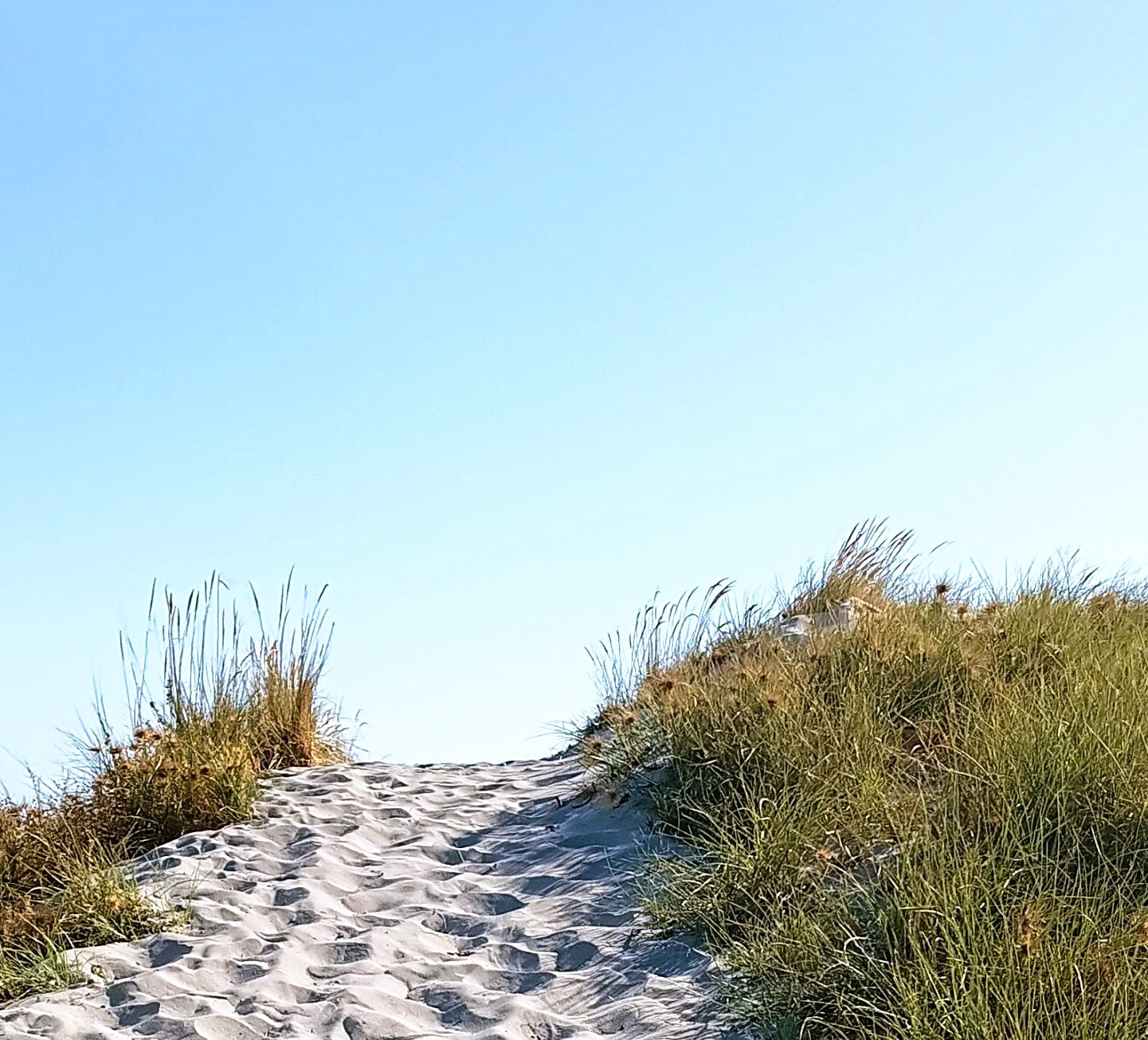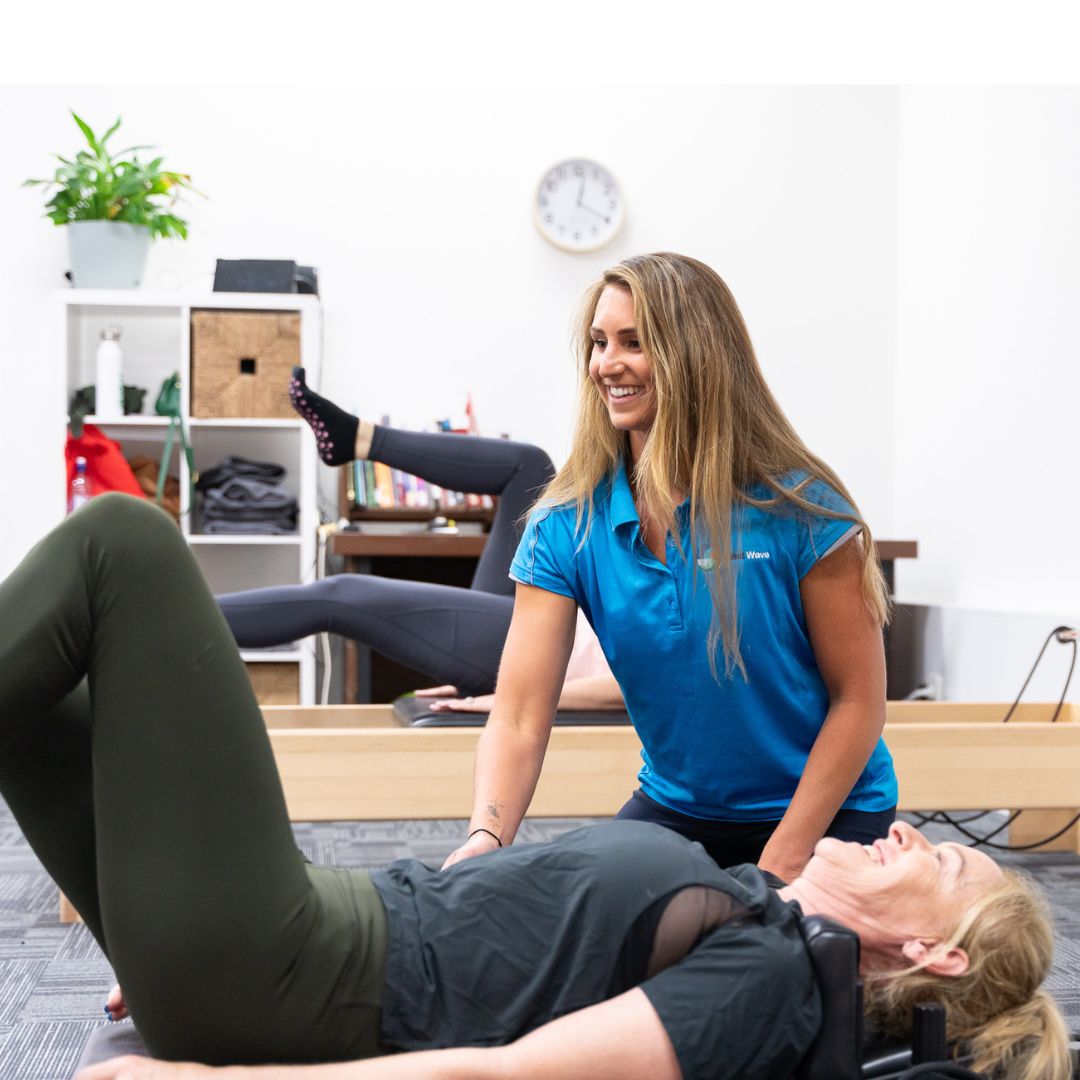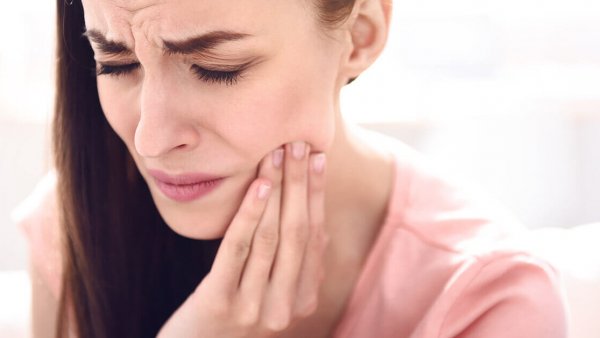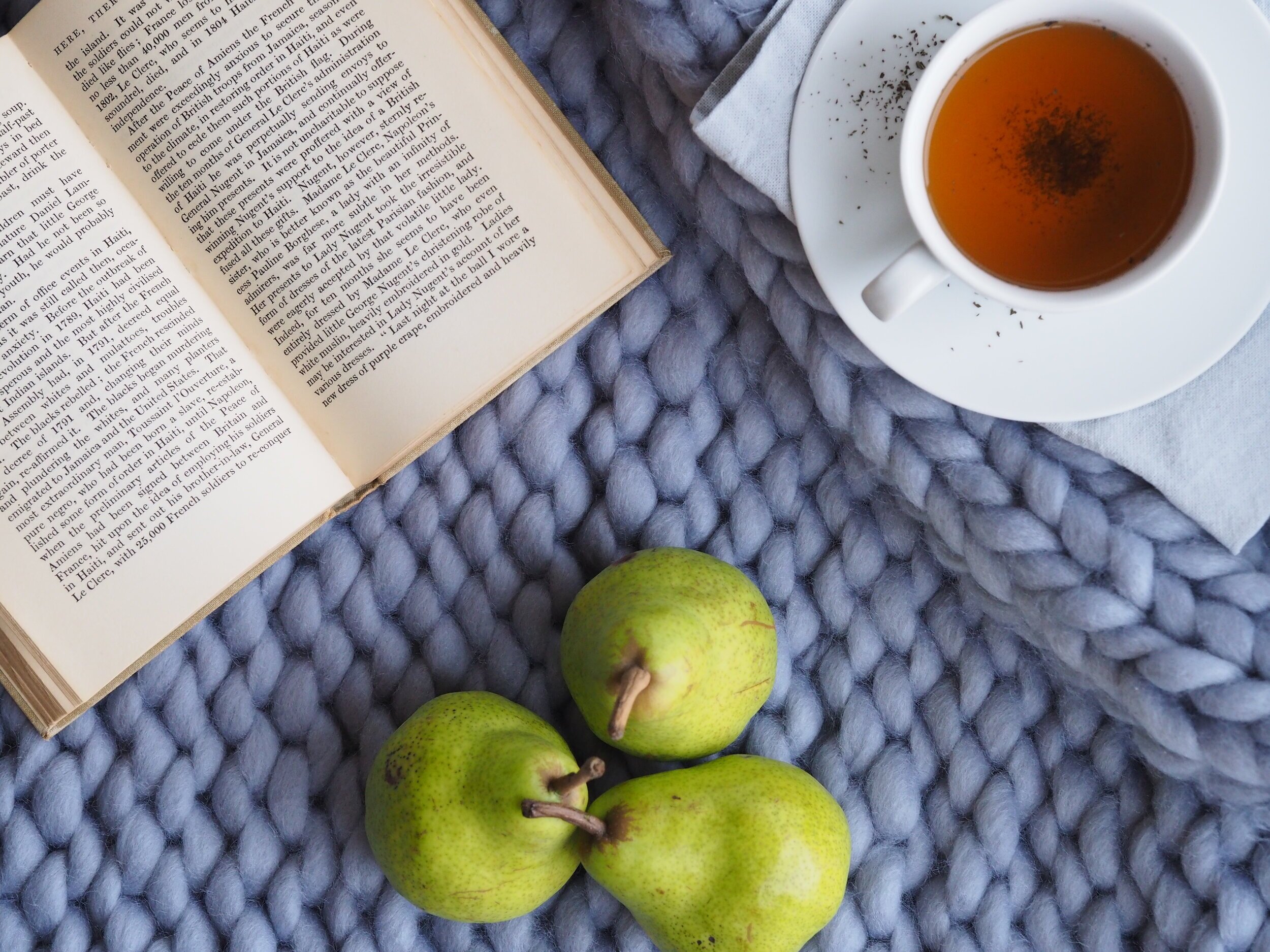
Is self care the forgotten natural medicine?
In a world that has just experienced a global pandemic our ability to live well and take care of ourselves has become even more important.
It seems that in our ‘modern’ and fast paced life, this notion of self care, which is one of the essential ingredients of natural medicine, has been lost. Instead, natural medicine has become synonymous with readily accessible pills and potions.
Self care is the most natural thing we do.
It is essential for our survival. But it also facilitates our participation and satisfaction in life. Self care encompasses the occupational domains of personal care, functional mobility, community engagement and self love. Imbalance in self care has a knock on effect to one’s productivity and engagement in leisure activities. And ultimately it affects one’s health, wellness and quality of life.
How to begin SELF care
Sleep
As Earth spins from day to night, most of us naturally fall asleep for approximately 8 hours, ideally.
But approximately 40-50% of all Australians at any one time experience insomnia or sleep disturbance. Largely attributed to our 24/7 society (with it’s increased hours of exposure to light), scientists are calling it the ‘silent epidemic of the 21st century’. Sleep deprivation is associated with many chronic diseases, including diabetes, hypertension, anxiety, depression and pain.
More information about getting a good nights sleep can be found here and here.
Exercise
Exercise includes formal physical activity and also being productively active in life.
Not getting enough physical activity can lead to heart disease—even for people who have no other risk factors. It also increase the risk of developing obesity, high blood pressure and type 2 diabetes.
Weekly recommendations are to accumulate 2 ½ to 5 hours of moderate intensity physical activity or 1 ¼ to 2 ½ hours of vigorous intensity physical activity.
Love
Love refers to loving what you do in life and loving who you are. It is about living in a meaningful way. Without this type of love, life becomes meaningless and one’s mental health suffers.
Almost half of all Australians will experience some form of mental health disorder in their lifetime.
Feast
When we eat a healthy diet, we simply meet our daily nutritional needs. When we feast we nourish our whole body and draw on our cultural links. Feast reminds us of the social aspect of eating. A time to relax and enjoy a time of self care. In a world where quality of food is questionable it is important to make wise food choices. Choose slow whole foods prepared with love at home.
How to care
Eating, sleeping, exercising and loving are part of our basic human needs alongside safety and shelter. But in a world where less importance is placed on these life sustaining activities we need extra guidance n how to bring self care back.
Create
To create change in self care requires firstly to identify what problem areas are and then set goals
Attend
Attend to your self. Be present in your daily life. Notice how you feel, what you do and how you respond to the needs of your body.
Relate
Relate to others. We are social creatures and our survival comes from our ability to connect with others. Loneliness, isolation and boredom are 3 plagues to good health.
Extend
Extend yourself. With change comes discomfort and challenge. Be willing to extend yourself enough to allow discomfort and effort so that you can create the changes needed for self care.
Self care allows your true nature to shine
Be gentle, kind and patient with yourself.
Trust your intuition and inner wisdom.
View life’s challenges and your mistakes as opportunities to learn and grow.
Have courage and a brave heart to explore new ways of doing, being and becoming.
Written by Sasha Wray (Principal Occupational Therapist and Naturopath at Next Wave Therapy).

